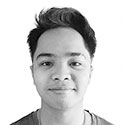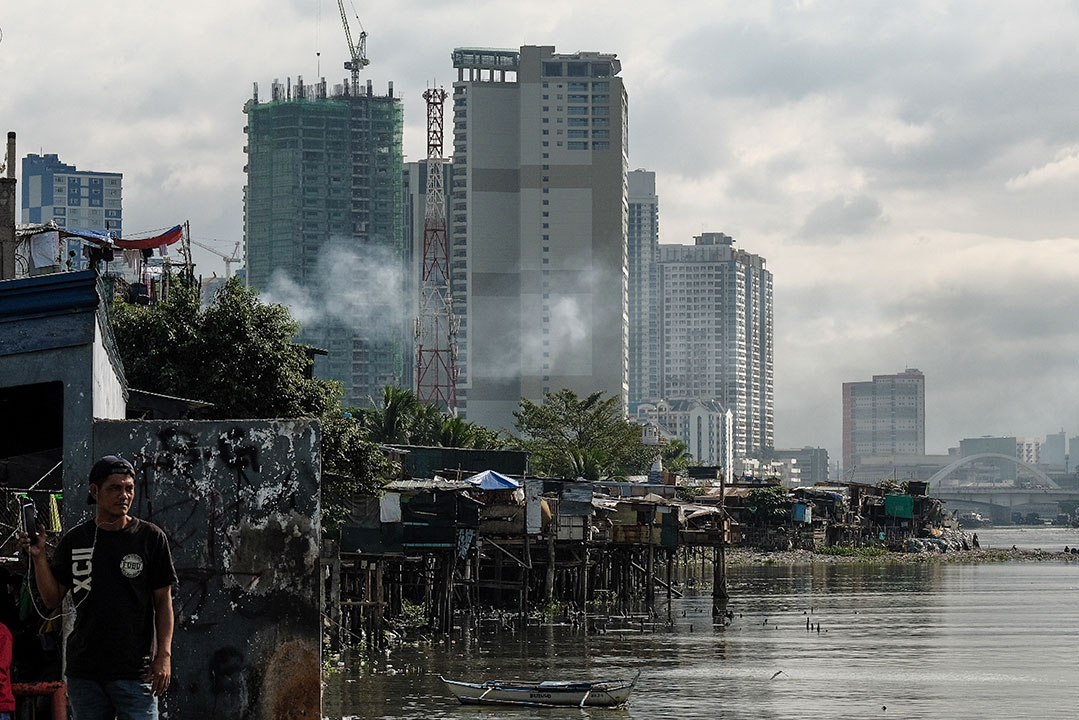
The View From Taft
By CJ Anthony L. Requerme

Last term, I took up the subject Corporate Social Responsibility and Governance, which focuses on social responsibility, sustainable development, and corporate governance. A huge part of the subject is “service learning,” which is a “course-based, credit-bearing, educational experience in which students participate in an organized service activity that meets identified community needs, and reflect on the service activity in such a way as to gain understanding of course content, a broader appreciation of the discipline, and, an enhanced sense of civic responsibility.”
Our class was assigned to an organization that aims to provide basic and quality education to children from marginalized communities to give them opportunities for a life beyond poverty. It also helps the parents of these children. The organization has been operating for over 50 years, serving eight communities since its establishment. Its representatives were from the Tondo community.
During the orientation, we heard about lives, woven through stories of struggle, resilience, and quiet strength. We learned about nanays (mothers) who wake up every day to fight against circumstances that refuse to yield. In the Tondo community, education is a privilege, not a guarantee; stability is something hoped for, but rarely held.
We heard stories of families holding together by sheer will; of dreams being quietly set aside for the sake of survival. The representatives spoke of a community where opportunities, especially for our target beneficiaries, the nanays, were scarce, where jobs that allowed women to provide for their children while staying present in their lives felt like a distant hope. It was not just poverty; it was the slow erosion of choices, the weight of uncertainty pressing on them every day. We asked questions, not just about the nanays’ needs, but also about their dreams. We sought to understand not just what they lacked, but also what they longed for. We imagined their days: waking before the sun, stretching every peso and every meal, making impossible choices between paying the rent and buying food, between working and being present for their children.
And we realized that the nanays needed something they could carry forward: a skill, a small way to regain control over their lives. So, our group, ably headed by Carlos Valencia and Steven Dimaculangan, created a project that would give them something small but real: a chance to reclaim something for themselves.
Nailvana La Salle is not just about nail care, but about agency, about self-worth, about turning skill into opportunity. We wanted to give the nanays something that could last, something that could be theirs. Because poverty does not take away just money. It takes away dignity. It takes away confidence. It takes away the belief that things can get better. And if we could give the nanays even a small piece of that back, then that would be worth everything.
Our project directly supported two Sustainable Development Goals (SDGs): gender equality (SDG 5) and no poverty (SDG 1). By equipping women with manicure and pedicure skills, the project empowered them to increase their participation in economic activities and gain financial independence. Through this initiative, the nanays were given the opportunity to develop entrepreneurial skills, boost their self-confidence, and secure employment, whether by working in salons or establishing their own small businesses. This financial independence not only strengthens their personal growth but also reduces economic dependence and enhances their ability to support their families.
Additionally, the project addresses SDG 1: No Poverty, which focuses on ensuring equal access to economic resources for marginalized populations. By providing a practical and income-generating skill, Nailvana could help participants build sustainable livelihoods and qualify for microfinance opportunities. More than just a workshop, Nailvana served as a pathway to stability and self-sufficiency, proving that small, community-driven efforts can create lasting impacts on both individual lives and broader social change.
I walked into the room thinking poverty was just about money. I thought that if we could just donate enough, then maybe things would start to shift. But as the organization representatives spoke, I felt that assumption unravel. Poverty wasn’t just a lack of resources; it was the weight of doors never opened, of choices never given. It was nanays who had dreams, but no means; who carried love, but not opportunities. Nailvana took shape not just as a skill-building workshop, but also as a quiet rebellion against helplessness. It was not just about manicures or pedicures. It was about hands that had spent years in service of others finally learning to care for themselves, too. My expectations were not entirely wrong; yes, financial struggle was real. But the deeper truth is that people do not need just money. They also need reasons to believe in themselves again. They need reminders that they are still capable of building something new. And maybe, in giving them that, my group mates and I learned the same thing about ourselves.
Moving forward, I want to be more conscious of how my education is not just for me, but also for the communities I can serve, for the spaces where my voice and efforts can make a difference. It is easy to chase success and forget why we wanted it in the first place. But I want my work, whatever it may be, to be tied to something bigger than myself. I want to be in rooms where decisions that are made consider the people who are too often left out. Because if this project has taught me anything, it is that real change begins when we stop waiting for someone else to fix things, and instead start asking: What can I do, here and now, with what I have?
CJ Anthony L. Requerme is a Legal Management student at De La Salle University. This reflection paper was a course requirement.